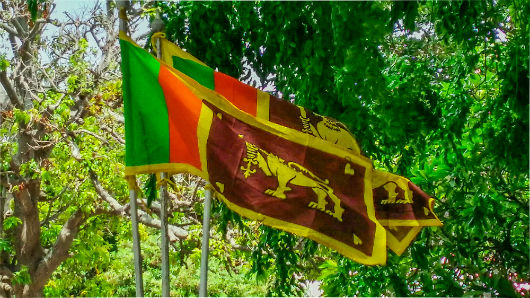Sri Lanka warns Maldives against regional instability
Sri Lanka has warned the Maldives against “regional instability,” slamming a state of emergency declared here in the wake of an explosion on the presidential speedboat that has seen a cross-border killing and arrests. Soon after the statement was issued, Maldives lifted the state of emergency.

11 Nov 2015, 9:00 AM
Sri Lanka has warned the Maldives against “regional instability,” slamming a state of emergency declared here in the wake of an explosion on the presidential speedboat that has seen a cross-border killing and arrests.
Soon after Sri Lanka’s unprecedented statement, Maldives lifted the state of emergency, citing progress in the boat blast probe, and international criticism.
Referring to its authoritarian past, Sri Lanka said it “finds it deeply concerning that Sri Lanka, a country which has always maintained the closest friendly relations with the Maldives is being used to initiate questionable action against political and social media activists.
“Sri Lanka encourages the government of Maldives to ensure that recent developments are not allowed to escalate into a source of regional instability.”
Become a member
Get full access to our archive and personalise your experience.
Already a member?
Discussion
No comments yet. Be the first to share your thoughts!
No comments yet. Be the first to join the conversation!
Join the Conversation
Sign in to share your thoughts under an alias and take part in the discussion. Independent journalism thrives on open, respectful debate — your voice matters.




